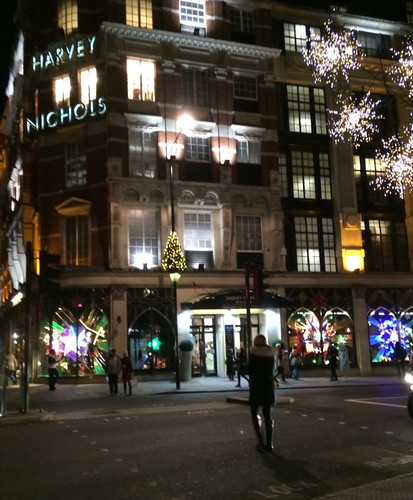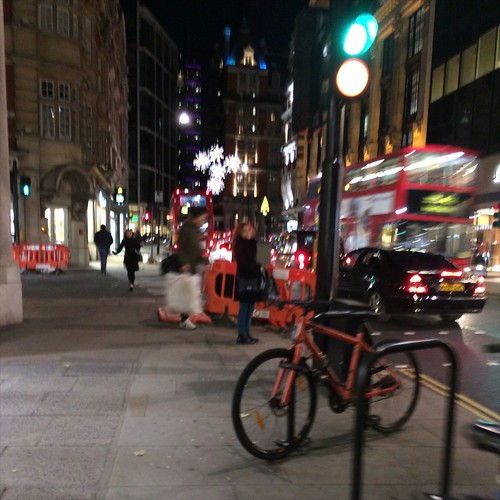
I published a chart on here a few days ago about the UK energy gap. Co-incidentally, the wider discussion has turned up in the news now, along the lines of whether the UK's impulse engines will hold through the winter.
There's a fancy report produced every year by UK National Statistics for the Department of Energy and Climate Change which covers the main UK Energy sources. I've pasted a couple of quick extracts from 2013.
Alongside the actual production of energy, there are various levels of inefficiencies in the subsequent transmission and distribution. I know some of this is down to physics, like power lines sag more when they are heavily loaded (because they heat up).
There's still some interesting stats though.
In the UK, the DECC charts show that for electricity, the distribution and transmission losses appear to be bigger than the actual power output available. You have to read the chart from left to right. What goes in, and what comes out...

I may be reading this wrongly, but it looks as if that 567.5TWh transmission and distribution losses is bigger than the circa 350TWh of available power?
That powerline sag and related distribution loses 5-6% of electricity. The DECC diagram seems to suggest rather more is disappearing.
Hold that thought and I'll add in the specifics of the renewables power feed. It currently looks as if its own complicated conversion processes are also rather inefficient.

I know its measured in different units (ttoe), but it also seems to show big losses.
Of course, it's great that more renewable forms are being identified, with biomass being more than 70% of the current renewables, wind about 20% and hydro about 5%. The target is to get to 15% of all power from renewables by 2020.
I'm kind of wondering how this will play out in the upcoming debates. And whether I need to buy some candles. Although, wait, they are energy inefficient too.

